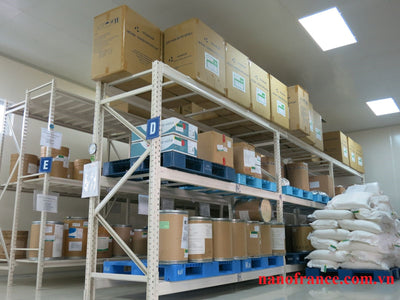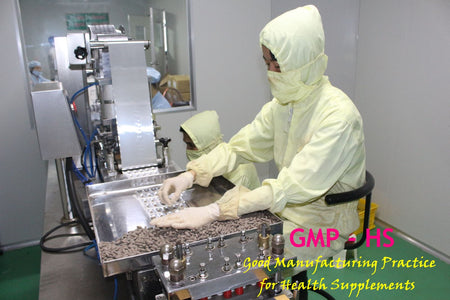Hemorrhoids, Bleeding Hemorrhoids
Symptoms:
Signs and symptoms of hemorrhoids may include:
Painless bleeding during bowel movements, small amounts of bright red blood may be noticed on toilet paper or in the toilet bowl.
Itching or irritation of the anal area.
Pain or discomfort.
Hemorrhoids protruding from the anus.
Swelling around the anus.
Tenderness or pain near the anus.
Leakage of fluid from the anus.
Internal hemorrhoids:
Symptoms of internal hemorrhoids often depend on their location. Internal hemorrhoids are located inside the rectum. They cannot be seen or felt and usually do not cause discomfort. But straining or irritation during bowel movements can injure the surface of the hemorrhoid and cause it to bleed. Occasionally, straining can push an internal hemorrhoid through the anus. This is known as a prolapsed or prolapsed hemorrhoid and can cause pain and irritation.
External hemorrhoids protruding from the anus:
When irritated, external hemorrhoids may itch or bleed. Sometimes external hemorrhoids bleed profusely and a blood clot (thrombus) may form, causing severe pain, swelling, and inflammation.
Bleeding during bowel movements is the most common sign of hemorrhoids. However, rectal bleeding can occur with other digestive diseases, including colorectal and anal cancers. Do not assume that bleeding is solely due to hemorrhoids without consulting your doctor. Your doctor can perform a physical exam and other tests to diagnose hemorrhoids and rule out more serious conditions. You should also seek medical advice if hemorrhoids cause pain, bleed frequently or excessively, or do not improve with home remedies.
If hemorrhoid symptoms begin along with a significant change in bowel habits or if you have black, tarry or brown stools, blood clots or blood mixed with the stool, consult your doctor without delay. These types of stools may signal larger bleeding elsewhere in the digestive tract.
Seek emergency care if you experience large amounts of rectal bleeding, lightheadedness, dizziness, or fainting.
Reason:
The veins around the anus tend to stretch under pressure and may bulge or swell. Hemorrhoid swelling can develop from increased pressure in the lower rectal area. Factors that can cause increased pressure include:
Straining during bowel movements.
Long toilet completion time.
Chronic diarrhea or constipation.
Obesity.
Pregnant.
Anal intercourse.
A tendency to develop hemorrhoids can also be inherited. Hemorrhoids are more likely as you age because the tissues that support the veins in the rectum and anus can weaken and stretch with aging.









